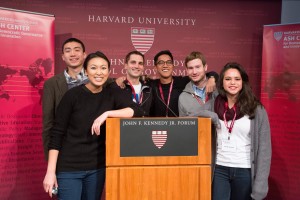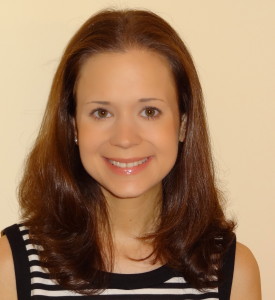
Helping minority-owned businesses
By Joshua Payne ’24
My name is Joshua Payne, and I am a second year at Harvard Law School who participated as a student attorney for the Transactional Law Clinic (TLC). I have had the pleasure to gain firsthand experience on cases dealing with nonprofit formation, contract revision, and government contracting and procurement. Most notably, I was able to assist a client with applying for a minority business certification with the Commonwealth of Massachusetts. This state certification through the Supplier Diversity Office (SDO) allows the corporation to bid and contract with government agencies looking to hire/buy products from minority-owned businesses.
Our client needed help drafting organization documents that weren’t drafted during their formation, guidance on business materials needed for the applications, and eventually assistance with the application. I was able to draft bylaws, written actions, shareholder agreements, restricted stock award agreements, investment letters, and stock certificates. I also helped our client gather customer bids, bank signatures, and begin the preliminary application for the workshop.
However, the two most impactful parts of this case that I will take away aren’t the legal documents I drafted. Rather, I will forever appreciate the gratitude of our client and the importance of minority business certification services. It is very fulfilling to hear the constant gratitude that he gives even for helping with the smallest tasks which are definitely something that isn’t given in the big law space. Our client is a formally incarcerated black man who served 10 years in federal prison until last year. Our client, being previously incarcerated for a long time, is less accustomed to technology, so we needed to find different communication methods to fulfill our client’s needs. However, during every call, email, or zoom chat, our client was very enthusiastic about his company but most of all about TLC’s work. He constantly reminded me that he wouldn’t be able to operate his business at the level needed to make a living without our assistance in obtaining the minority business certification. But because of our service, he is confident in himself and his business. I never imagined being able to build such a personal connection with the client that I genuinely want to see him succeed in life far beyond his business interests.
Second in importance is the impact of minority business certification services. This certification will allow our client to multiply his business opportunities tenfold. He already bears all the disadvantages of being a minority small business. Therefore, there must be programs, people, and governmental support to help as much as possible. Without this governmental support, our client told us he likely would not be able to make a living off of his current business operations. It was discouraging to see how difficult and confusing the process is to obtain a minority business certificate. I would have thought government agencies trying to contract with minority businesses would make the process as easy as possible in order to help an already marginalized community. However, the level of detail in the application is nearly impossible to complete without the assistance of a third party professional, and ends up creating more barriers to entry. I’m glad I was able to assist our client in taking the necessary first steps to cross this barrier and begin his future business with the help of our team at TLC.




